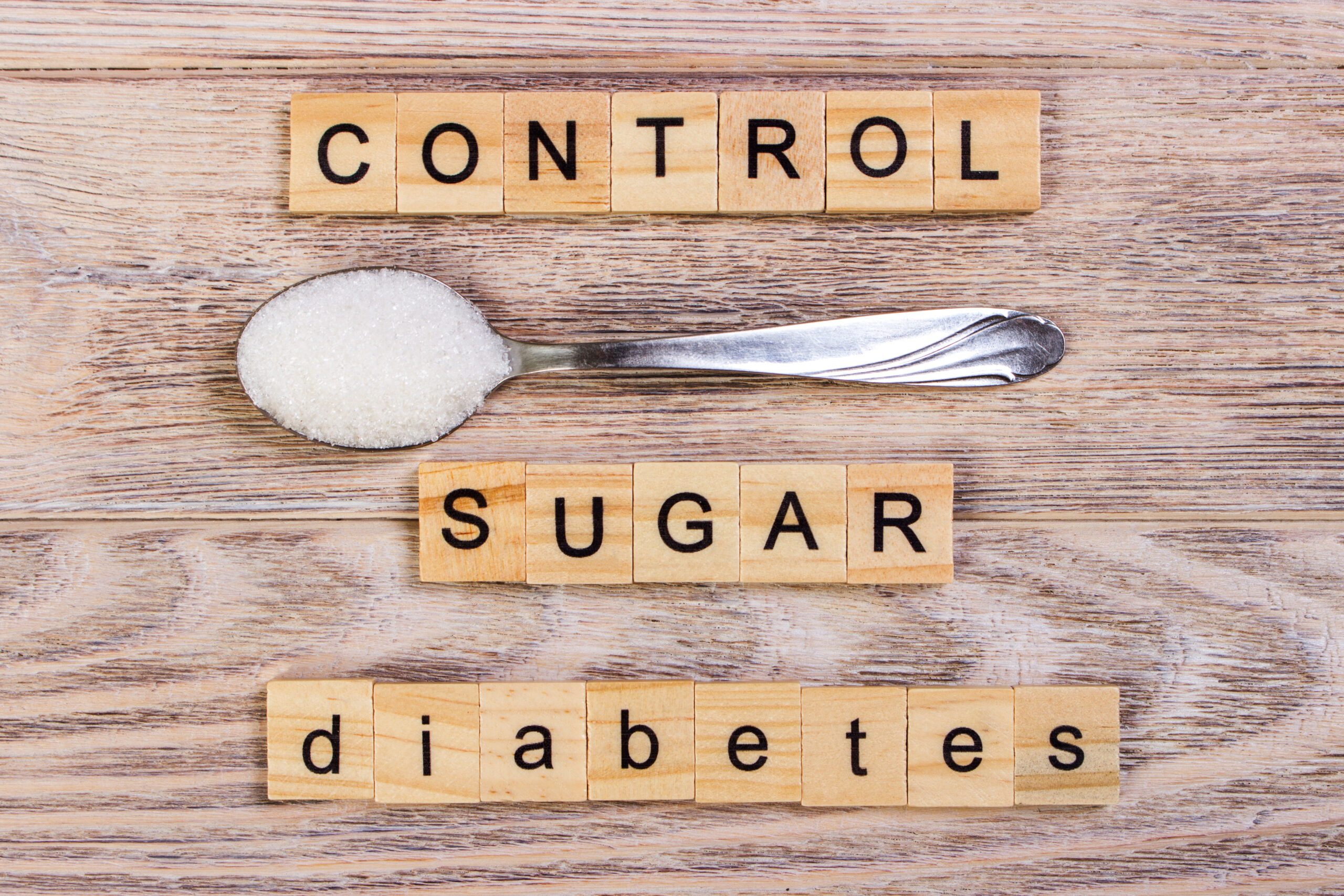Clean eating is a popular approach to healthy eating that emphasizes whole, minimally processed foods. While the concept of clean eating may seem straightforward, there are some dos and don’ts to keep in mind to ensure that you’re getting the most out of this approach. In this article, we’ll take a closer look at the dos and don’ts of clean eating for optimal health.
1. DO: Focus on whole, minimally processed foods
One of the main principles of clean eating is to focus on whole, minimally processed foods. This means choosing foods that are as close to their natural state as possible, such as fruits, vegetables, whole grains, and lean proteins. These foods are typically rich in nutrients and fiber, and can help you maintain a healthy weight and reduce your risk of chronic diseases.
2. DON’T: Eliminate entire food groups
Reading food labels is an important part of clean eating. This can help you identify added sugars, unhealthy fats, and other ingredients that you want to avoid. Look for foods with short ingredient lists, and avoid foods with added sugars, artificial colors, and flavors.
3. DON’T: Be too restrictive
While it’s important to focus on healthy, whole foods, it’s also important to enjoy your food and not be too restrictive. Allow yourself to indulge in moderation, and don’t beat yourself up if you have a treat every once in a while.
4. DO: Cook at home
Cooking at home is a great way to ensure that you’re eating clean, whole foods. When you cook at home, you can control the ingredients that go into your meals, and can avoid added sugars, unhealthy fats, and other ingredients that you want to avoid.
5. DON’T: Rely on pre-packaged “healthy” foods
While there are some healthy pre-packaged foods out there, it’s important to be careful and read labels carefully. Many pre-packaged “healthy” foods are actually loaded with added sugars and unhealthy fats. Instead, focus on cooking at home and choosing whole, minimally processed foods.
In conclusion, clean eating can be a great approach to healthy eating, but it’s important to keep these dos and don’ts in mind. By focusing on whole, minimally processed foods, reading food labels, cooking at home, and avoiding overly restrictive diets, you can improve your overall health and well-being.



